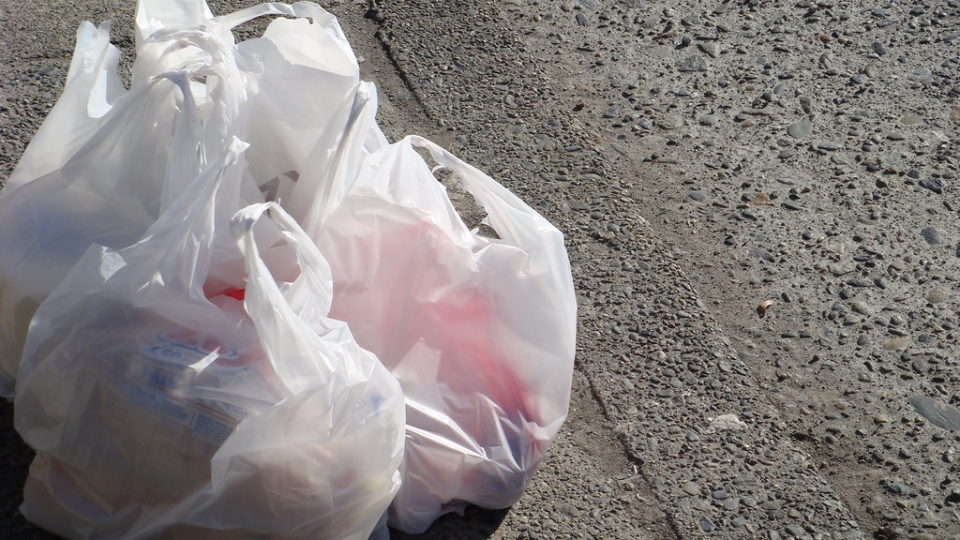Globally, poor air is a serious problem. According to the World Health Organization, exposure to air pollution is linked to the premature deaths of an estimated 7 million people every year. In fact, 91% of the people on the planet live in places where air pollution exceeds WHO guideline limits.
In the United States, air pollution has dramatically improved over the last four decades due in large part to federal regulations put in place under the Clean Air Act of 1970. Fine particulate matter (known as PM2.5) and other pollution, including ozone, sulphur dioxide, and nitrogen dioxide, have all decreased during this time span.
But according to recent research, this trend has unfortunately done an about-face. New data reveals that air pollution has increased nationally since 2016. An analysis of Environmental Protection Agency data by researchers at Carnegie Mellon University found that, on average, fine particulate pollution increased 5.5% across the country between 2016 and 2018.
This increase in fine particulate pollution was associated with nearly 10,000 additional premature deaths in the United States during that time period.
According to researchers, there are several factors likely causing this uptick in unhealthy air, including increases in both driving and the burning of natural gas. Wildfires out west are also thought to be a major contributor.
The researchers also suggest that a decrease in enforcement of the Clean Air Act may also be playing a role. The law put in place strict air pollution standards for vehicles, factories, power plants, and other sources, and is credited with saving hundreds of thousands of lives.
It’s time for clean air to be recognized as a basic human right.
***********
Web Links
America’s Air Quality Worsens, Ending Years of Gains, Study Says
Photo, posted April 6, 2007, courtesy of Brett Weinstein via Flickr.
Earth Wise is a production of WAMC Northeast Public Radio.



















